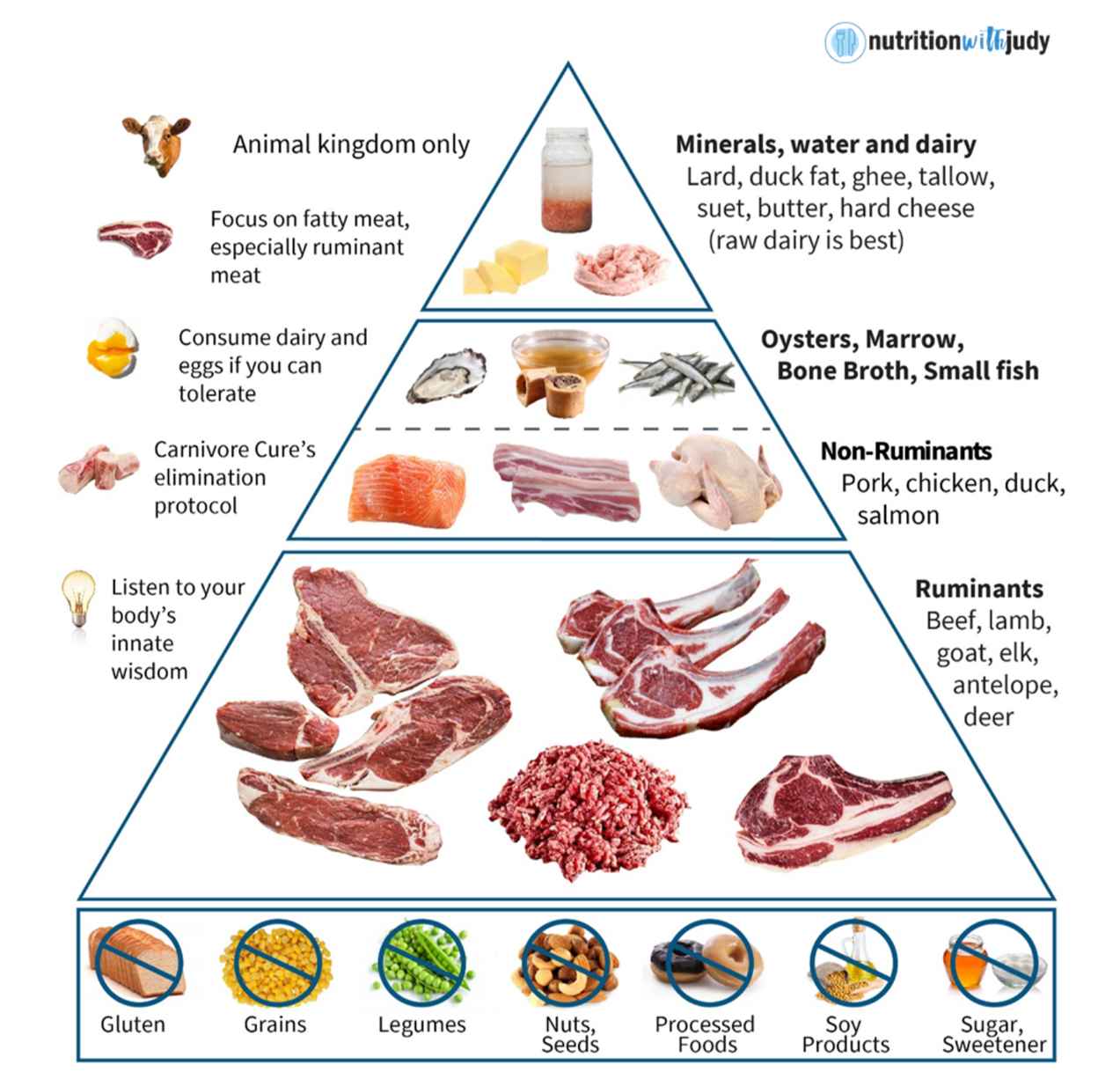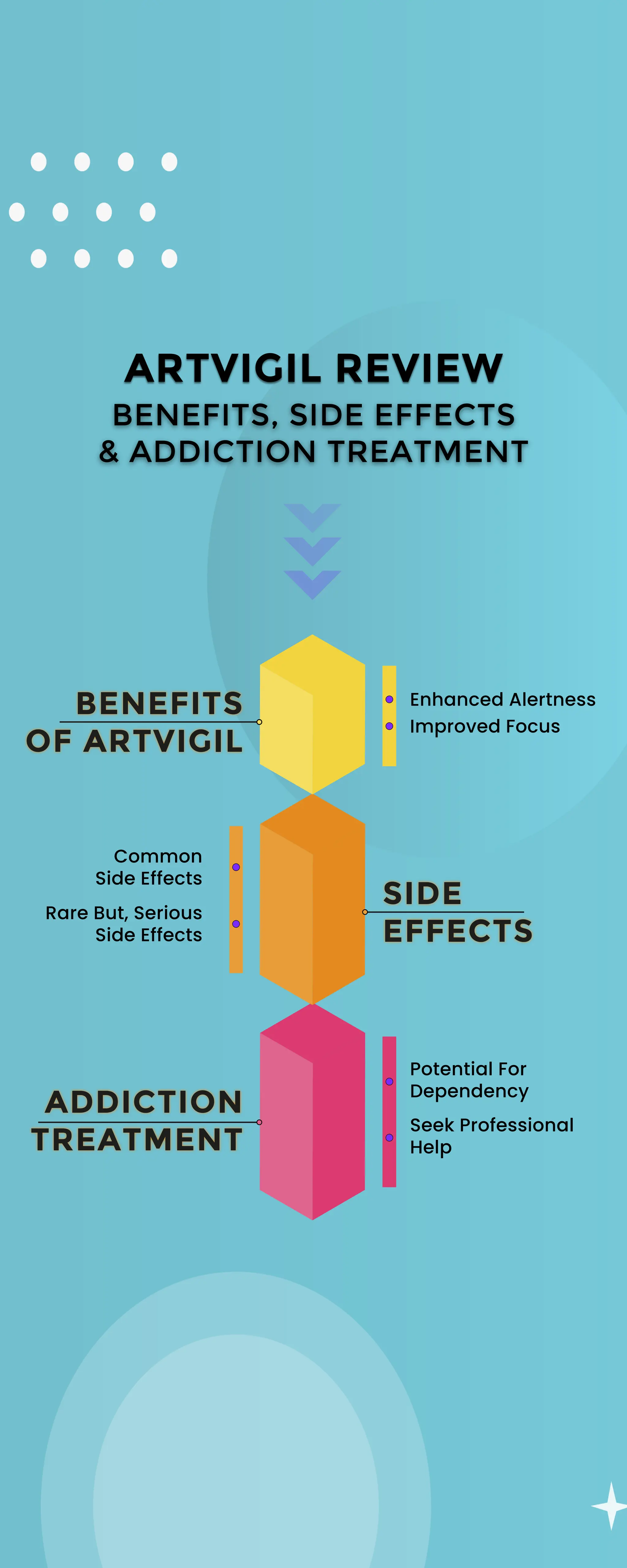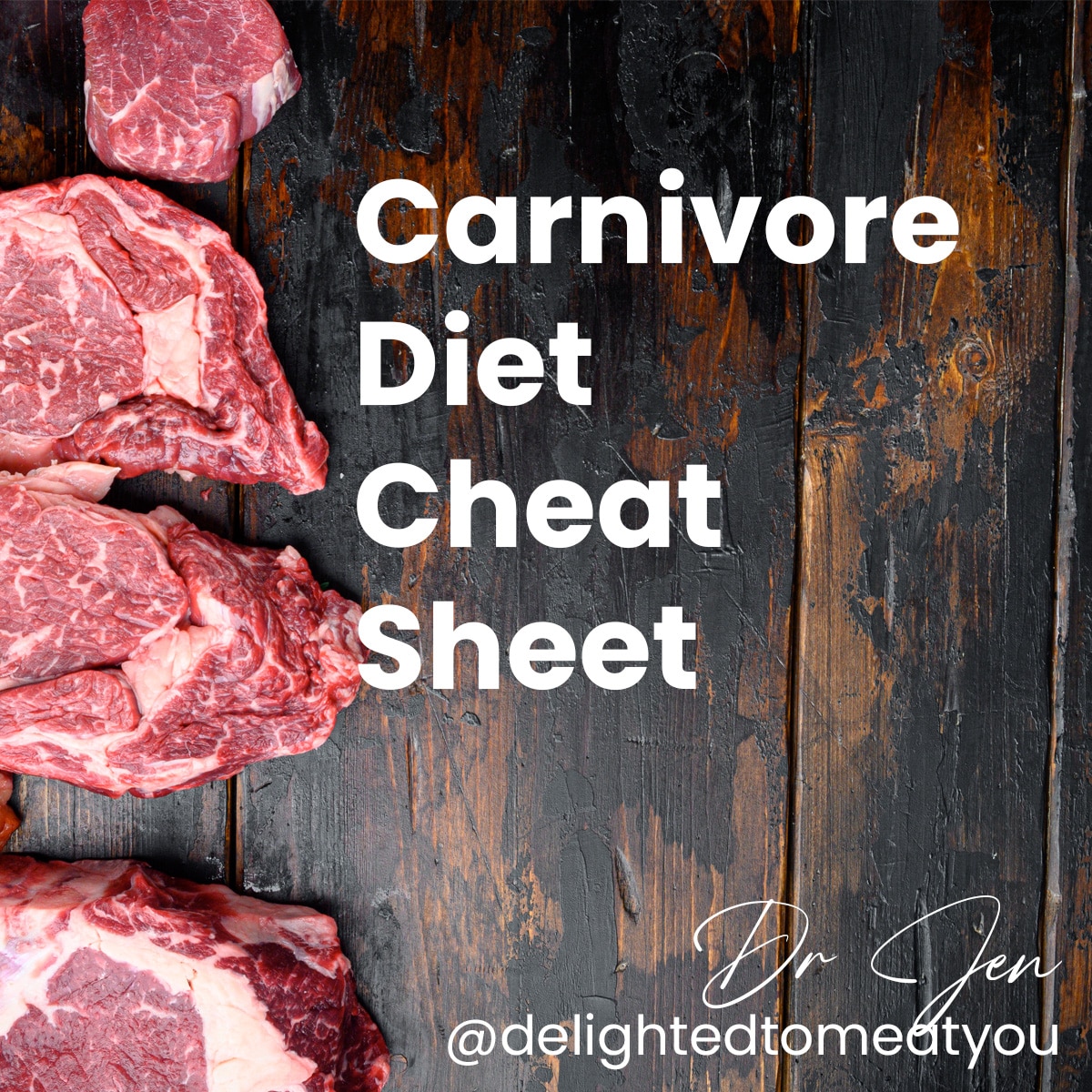Uncover The Truth: The Carnivore Diet - A Comprehensive Guide To Nutritional Benefits And Side Effects
Uncover The Truth: The Carnivore Diet - A Comprehensive Guide To Nutritional Benefits And Side Effects
Editor's Notes: "Uncover The Truth: The Carnivore Diet - A Comprehensive Guide To Nutritional Benefits And Side Effects" have published today because this book relevant to nutrition and general public. informative guide can help target audiences make the right decision.
Doing some analysis, digging information, made Uncover The Truth: The Carnivore Diet - A Comprehensive Guide To Nutritional Benefits And Side Effects guide to help target audience make the right decision.

Carnivore Diet Food List, Meal Plan, Shopping List, 59% OFF - Source www.micoope.com.gt
FAQ
This FAQ section addresses common questions concerning the carnivore diet, its potential nutritional benefits, and possible side effects.

Artvigil Review: Benefits, Side Effects, and Addiction Treatment | PDF - Source www.slideshare.net
Question 1: Can the carnivore diet provide sufficient vitamins and minerals?
The carnivore diet focuses on meat and animal products, which are rich in several essential vitamins and minerals. However, it lacks fiber, carbohydrates, and certain micronutrients found in plant-based foods. To mitigate these deficiencies, carnivore diet proponents may consider supplementation or incorporating minimal amounts of nutrient-dense plant foods into their eating plan.
Question 2: What are the potential long-term effects of a carnivore diet?
The long-term implications of a carnivore diet remain uncertain. Some research suggests it may promote muscle mass preservation and reduce inflammation. However, the lack of fiber and plant-based nutrients raises concerns about potential digestive issues, kidney stress, and increased risk of heart disease over time. Further research is needed to fully understand the long-term impact.
Question 3: Is the carnivore diet suitable for everyone?
The carnivore diet is not universally recommended. Individuals with certain health conditions, such as kidney or digestive problems, should consult with a healthcare professional before considering it. Additionally, the restrictive nature of the diet may not be sustainable or enjoyable for some.
Question 4: What are the common side effects of transitioning to a carnivore diet?
During the transition to a carnivore diet, some may experience side effects such as fatigue, headaches, constipation, or digestive irregularities. These symptoms typically subside over time as the body adjusts to the new dietary pattern.
Question 5: Can the carnivore diet help with weight loss?
The carnivore diet may initially lead to weight loss due to its restrictive nature and potential reduction in inflammation. However, it's important to note that rapid weight loss can be unhealthy, and long-term weight management requires a balanced approach to nutrition and lifestyle.
Question 6: How does the carnivore diet compare to other dietary approaches?
The carnivore diet differs significantly from most conventional dietary recommendations, which emphasize a balanced intake of macronutrients (carbohydrates, protein, and fat) and a variety of nutrient-rich foods. While it may offer certain potential benefits, it is essential to weigh these against the potential risks and consider the long-term implications before adopting it.
In conclusion, the carnivore diet remains a controversial approach with both potential benefits and concerns. Individuals considering it should proceed with caution, seek professional guidance, and thoroughly research both the potential benefits and risks.
This article continues to delve deeper into the carnivore diet, exploring its potential risks and benefits in greater detail.
Tips
Stay hydrated and monitor salt intake. Drink plenty of water throughout the day, especially when adding more salt to foods.
Tip 1: Choose high-quality meat and animal products
If possible, opt for grass-fed, pasture-raised, and organic options. These meats contain higher levels of nutrients and omega-3 fatty acids.
Tip 2: Cook meats properly
Avoid overcooking meats, as this can compromise their nutritional value. Use cooking methods like grilling, roasting, or pan-frying.
Tip 3: Include organ meats
Organ meats, such as liver and kidney, are nutrient-dense and provide essential vitamins and minerals.
Tip 4: Gradually transition to the carnivore diet
To minimize digestive issues, gradually reduce carbohydrate intake and increase meat intake over a period of time.
Tip 5: Consider supplementation
To ensure adequate intake of certain nutrients, supplementation may be necessary, particularly if following a strict carnivore diet.
Tip 6: Monitor health parameters and consult a healthcare professional
Regularly monitor blood work and consult with a healthcare professional to assess progress and address any potential concerns.
Tip 7: Listen to your body
Pay attention to how your body responds to the carnivore diet. If any adverse effects occur, adjust the approach or consider alternative dietary options.
Uncover The Truth: The Carnivore Diet - A Comprehensive Guide To Nutritional Benefits And Side Effects
The carnivore diet has gained traction in recent years, with proponents touting its potential nutritional benefits while critics warn of potential side effects. Understanding the complexities of this restrictive dietary approach requires exploring key aspects related to its nutritional implications and impact on health.
- Dietary Composition: The Carnivore Diet is defined by the exclusive consumption of animal products, primarily meat, fish, and eggs, excluding all plant-based foods.
- Nutritional Value: This diet can provide high levels of protein, saturated fat, and some essential vitamins and minerals, such as vitamin B12 and iron.
- Anti-inflammatory Effects: Proponents argue that eliminating plant-based foods may reduce inflammation, as some plant compounds can trigger immune responses in certain individuals.
- Digestive Issues: Consuming large amounts of animal products can put strain on the digestive system, potentially leading to constipation, nausea, and other gastrointestinal symptoms.
- Long-Term Health Risks: The lack of fiber and phytonutrients in the carnivore diet raises concerns about potential long-term risks, such as increased risk of cardiovascular disease and certain cancers.
- Individual Variability: The effects of the carnivore diet can vary significantly from person to person, depending on factors such as genetics, gut microbiome, and overall health status.
The key aspects discussed above highlight the complex nature of the carnivore diet. While it may offer certain nutritional benefits, it also comes with potential risks. Individuals considering this restrictive approach should consult with qualified healthcare professionals to assess their individual needs and potential benefits and side effects.

Carnivore Diet Cheat Sheet – Delighted to Meat You - Source www.delightedtomeatyou.com
Uncover The Truth: The Carnivore Diet - A Comprehensive Guide To Nutritional Benefits And Side Effects
The carnivore diet is a restrictive eating plan that involves consuming only animal products, such as meat, fish, eggs, and dairy. It excludes all plant-based foods, including fruits, vegetables, grains, and legumes. Proponents of the carnivore diet claim that it can improve health by reducing inflammation, boosting weight loss, and improving cognitive function. However, there is limited scientific evidence to support these claims. In fact, the carnivore diet may be associated with several health risks, including nutrient deficiencies, digestive problems, and heart disease.

Buy Basic Carnivore Diet Cookbook For Lazy People 2023: The - Source www.desertcart.in
One of the main concerns with the carnivore diet is that it can lead to nutrient deficiencies. Animal products are not a good source of all the nutrients that the human body needs, such as fiber, vitamins C and E, and calcium. A lack of these nutrients can lead to a variety of health problems, including scurvy, osteoporosis, and night blindness.
The carnivore diet may also be harmful to the gut microbiome, the community of bacteria that live in the intestines. The gut microbiome is essential for digestion, immune function, and overall health. A lack of fiber in the carnivore diet can lead to a decline in the gut microbiome, which can in turn lead to digestive problems, such as constipation and diarrhea.
Finally, the carnivore diet may be associated with an increased risk of heart disease. Animal products are high in saturated fat, which can raise cholesterol levels and increase the risk of heart disease. A study published in the journal JAMA Internal Medicine found that people who followed a carnivore diet had higher levels of LDL (bad) cholesterol than people who followed a more balanced diet.
Overall, the carnivore diet is a restrictive and potentially harmful eating plan. There is no scientific evidence to support the claims that it can improve health, and it may actually be associated with several health risks. If you are considering trying the carnivore diet, it is important to talk to your doctor first.
| Nutrient | Sources | Deficiency Symptoms |
|---|---|---|
| Vitamin C | Fruits, vegetables | Scurvy |
| Vitamin E | Nuts, seeds, leafy green vegetables | Night blindness |
| Calcium | Dairy products, leafy green vegetables | Osteoporosis |
| Fiber | Fruits, vegetables, whole grains | Constipation, diarrhea |
Conclusion
The carnivore diet is a restrictive eating plan that has not been shown to have any health benefits. In fact, it may actually be harmful to your health. If you are considering trying the carnivore diet, it is important to talk to your doctor first.
There are many other healthy eating plans that you can follow that are not as restrictive as the carnivore diet. These diets can provide you with all the nutrients that your body needs to function properly.
Congresswoman Judy Chu: Trailblazer For Progressive Values And Champion Of Immigrant Rights, Emma Grede: Co-Founder Of Good American And Skims, Investor And Business Mogul, Kareem Abdul-Jabbar: The NBA Legend And Cultural Icon, Tom Brady's Unmatched Legacy: A Journey Through 7 Super Bowl Victories, John Yelenic: Renowned Spaceflight And Exploration Expert, Top News: Breaking Headlines And Current Events, Travis Kelce: Today's Status And Game Outlook, FBI: International - An Elite Team Of Agents Protecting The Globe, Patrick Renna: From "The Sandlot" To Hollywood Success, The Evolution Of Mexican Cartels: A Historical And Modern Perspective,